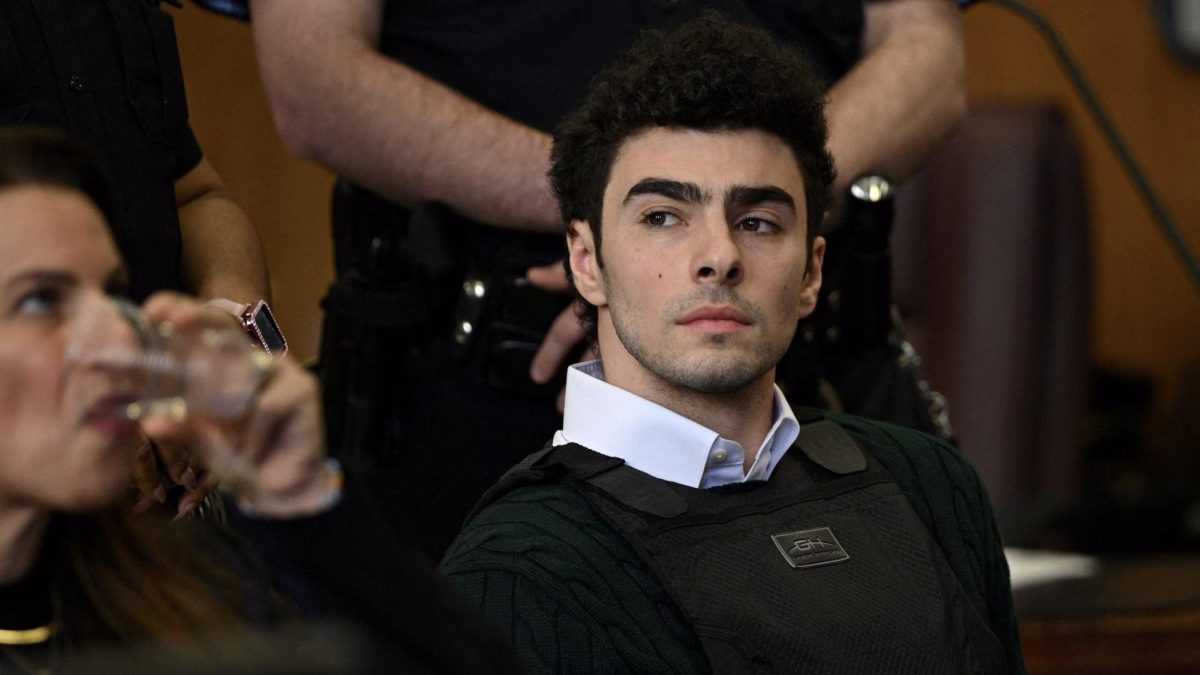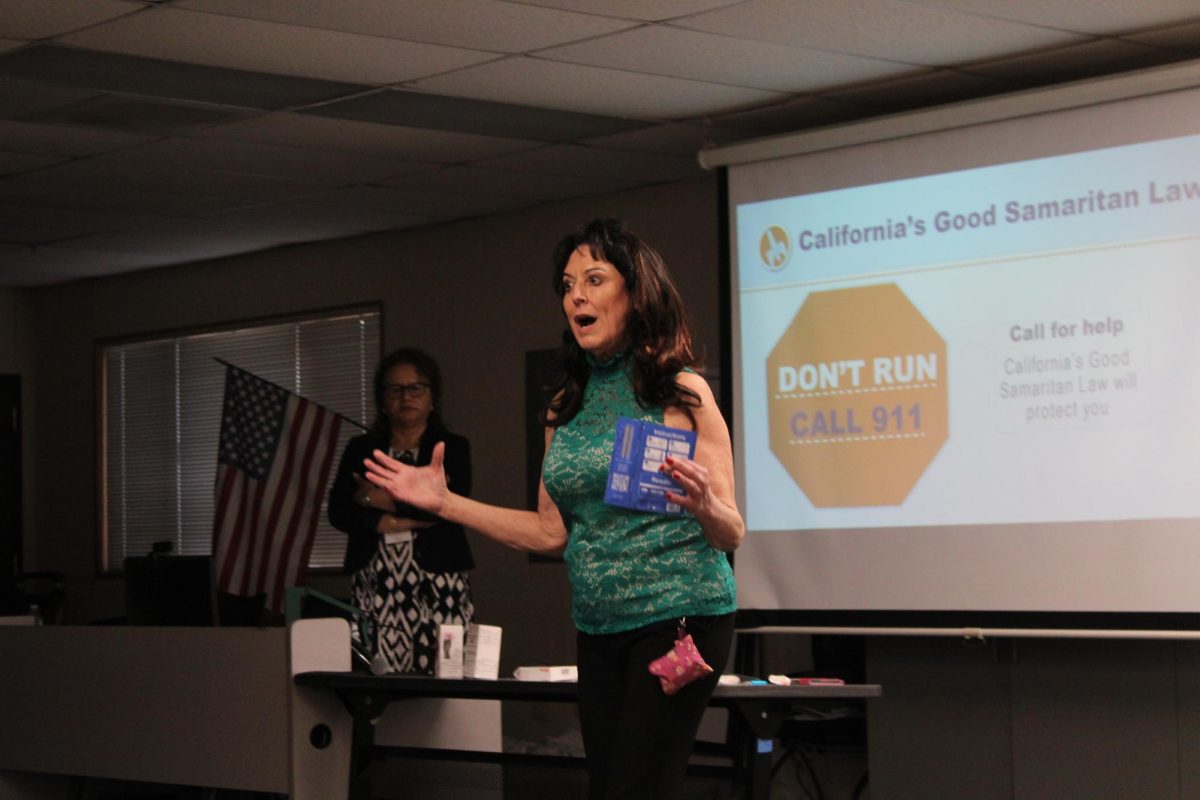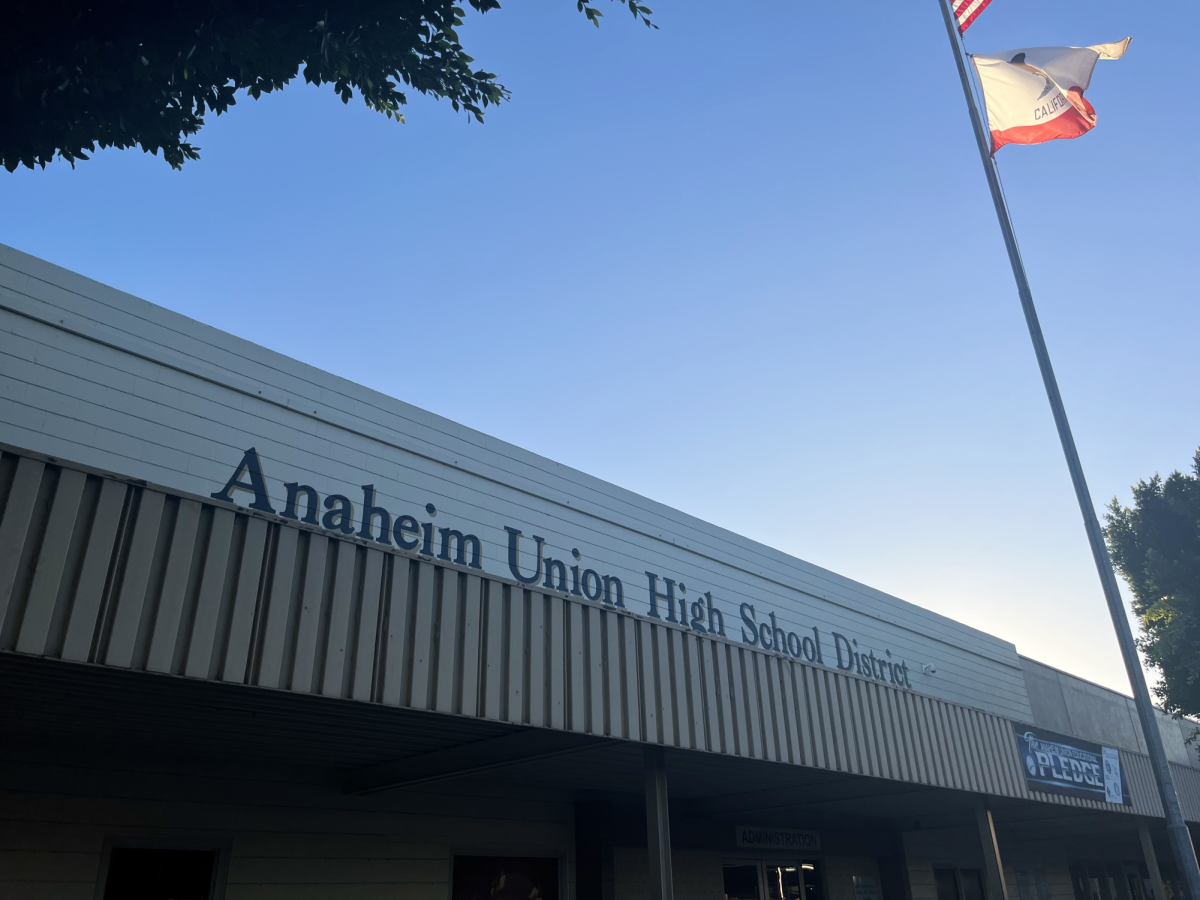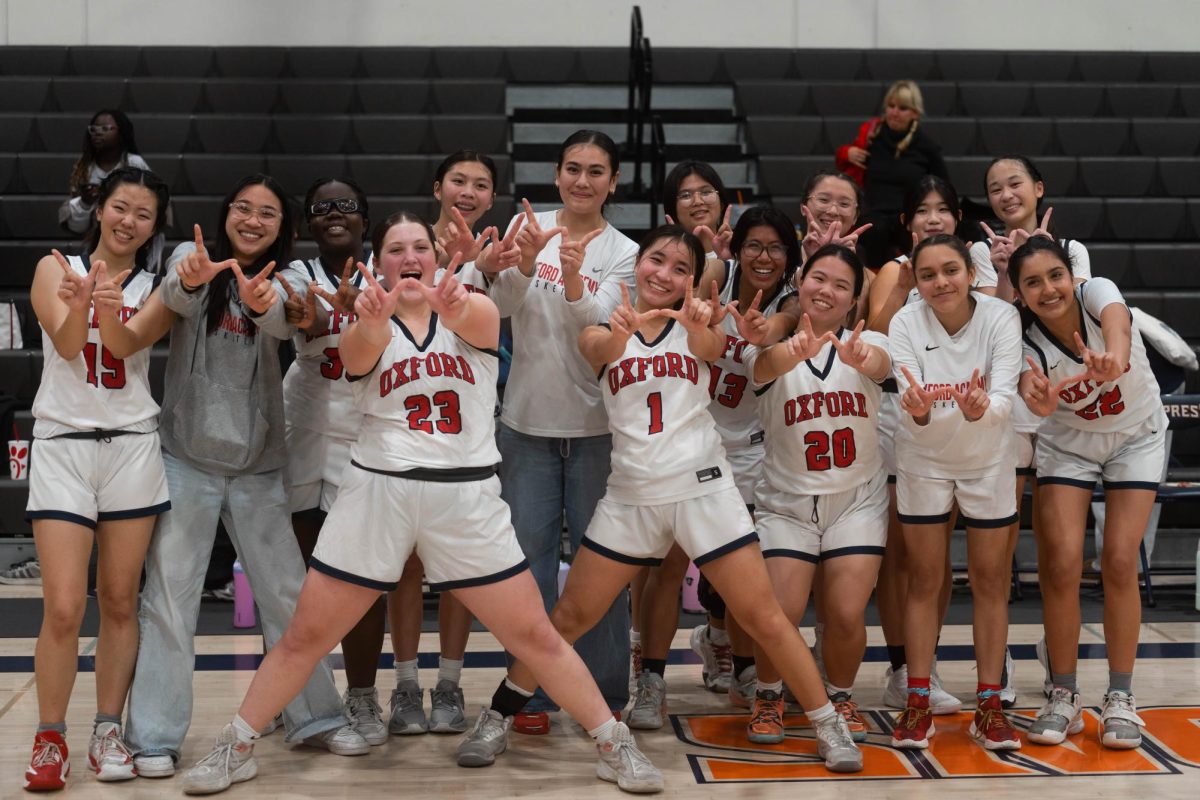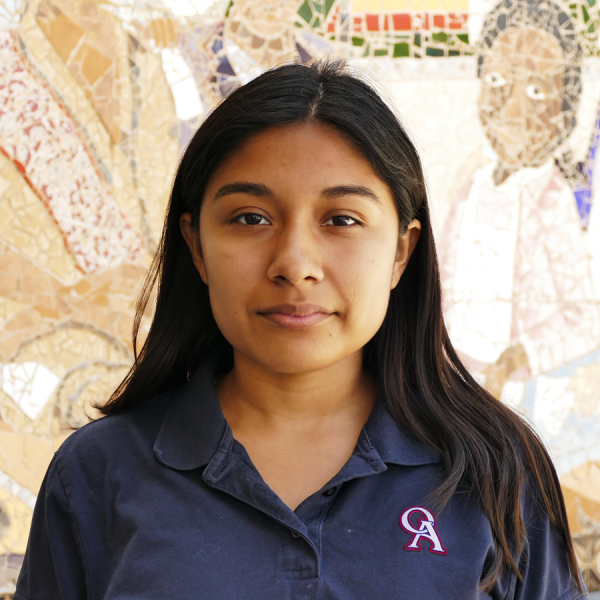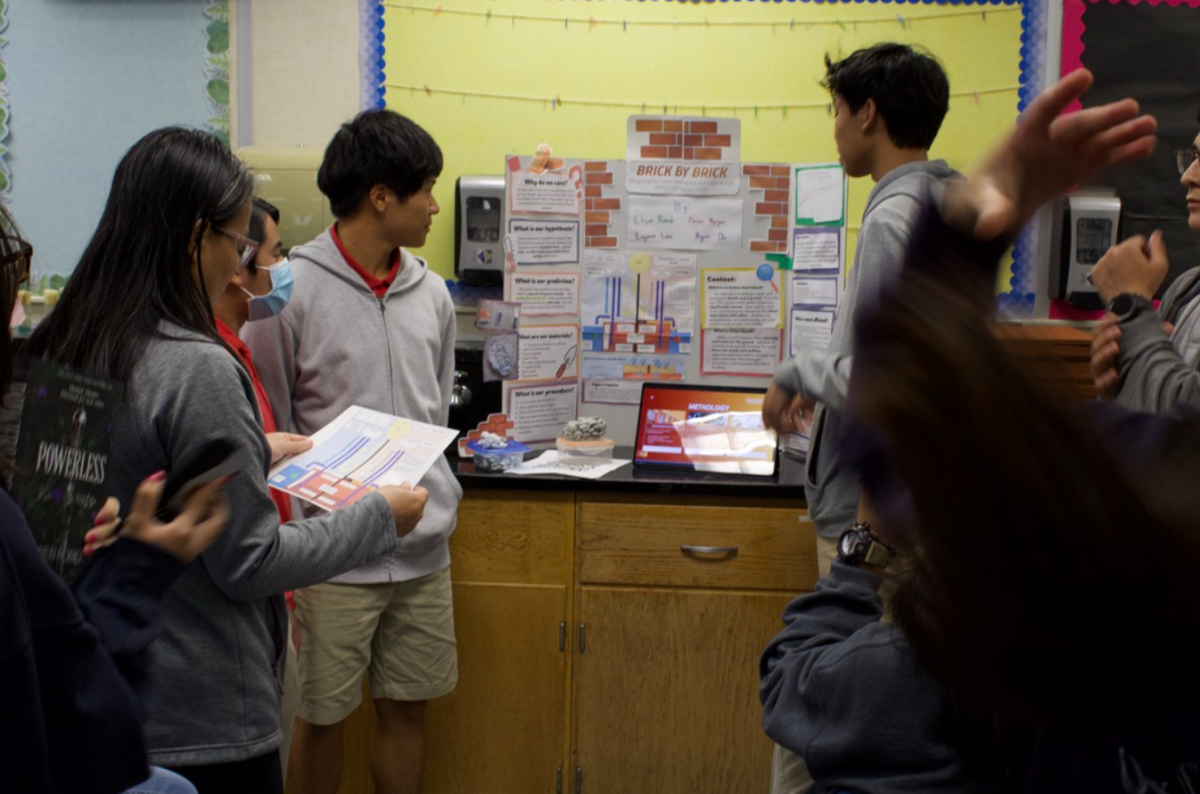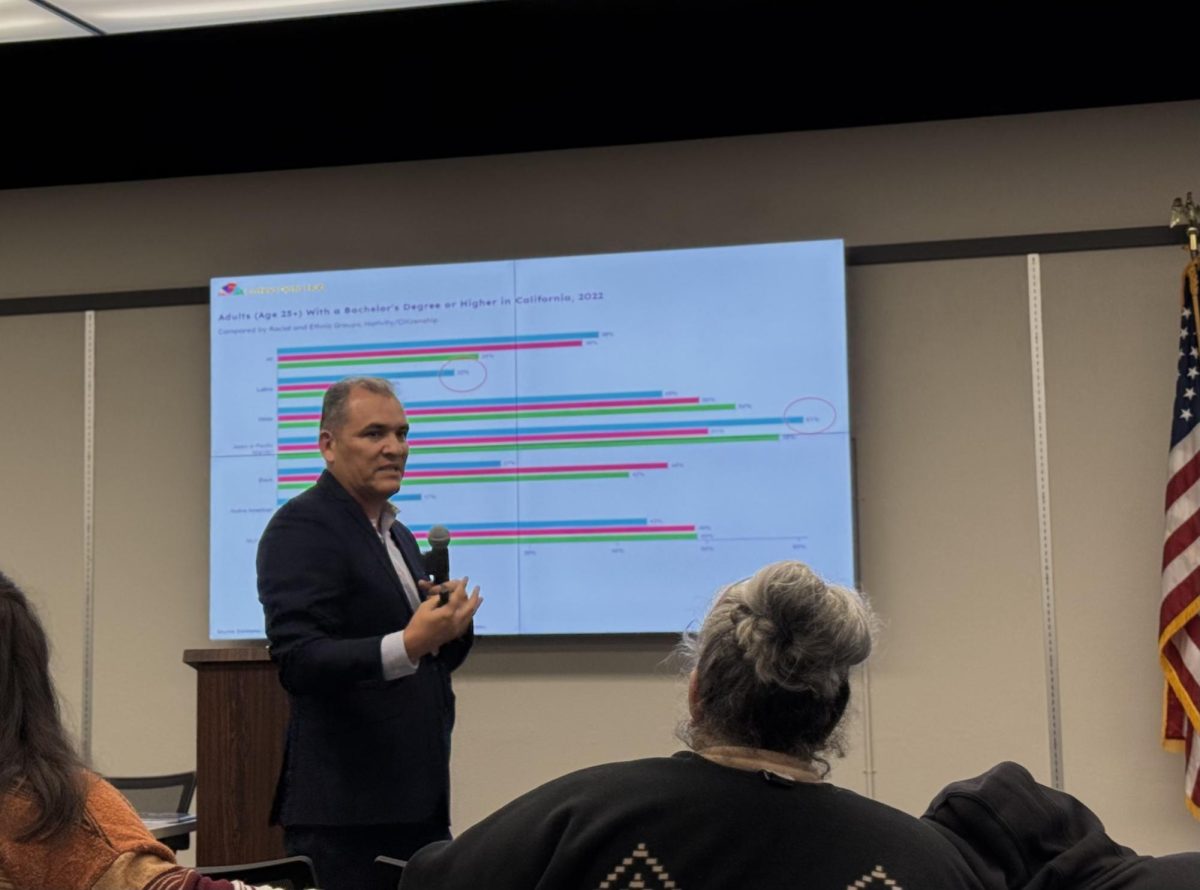On March 8, Immigration and Customs Enforcement (ICE) officers detained Palestinian green card holder Mahmoud Khalil, a Columbia University student, at his on-campus apartment lobby. The Trump administration accused Khalil, who led and participated in numerous pro-Palestinian activities on campus, of spreading “pro-Hamas propaganda” while Columbia remained complacent. Academic institutions must uphold their values as sanctuaries of intellectual development and free thinking and protect students’ freedom to engage in social advocacy demonstrations rather than restricting expression and politicizing education.
In early March, Secretary of State Marco Rubio launched a “Catch and Revoke” effort, where artificial intelligence systems scanned tens of thousands of student visa holders’ social media accounts, along with news reports of anti-Israel demonstrations. This followed President Trump’s signing of Executive Order 14188 a week into his second term, revoking visas from foreign students who “perpetrate unlawful anti-Semitic harassment.”
After President Donald Trump moved to revoke $400 million of funding from Columbia University, a recent epicenter for pro-Palestine demonstrations, for its supposed failure to address antisemitism, the university caved to the government’s demands.
Law enforcement was deployed to clear student encampments and detain students directly on campus, taking disciplinary action against students involved in recent protests. Columbia’s blind enforcement of these policies and subsequent involvement in the politicization prioritizes funds over its students and their intellectual growth as an institution.
Consequently, several Columbia students have been arrested solely for their participation in pro-Palestine demonstrations on campus. Since Khalil’s arrest, he has been detained in Louisiana; on April 11, a U.S. judge ruled the Trump administration can legally deport him, stating the government gave “clear and convincing evidence that he is removable.”
Aside from Khalil’s case, ICE attempted to arrest Korean immigrant and legal permanent resident Yunseo Chung, a Columbia junior, on March 5 for participating in pro-Palestine protests on campus, searching her university housing on March 13. Cornell University was another one of 60 universities the National Department of Education’s Office for Civil Rights urged to address “anti-Semitic harassment and discrimination” on their campuses. Momodou Taal, a United Kingdom-Gambia dual citizen and Cornell doctoral student, was asked via email on March 21 to surrender to ICE custody after already losing his student visa.
As of April 13, the Trump administration has successfully revoked over 300 student visas of foreign-born people — the majority of whom participated in the pro-Palestinian movement — aided by schools’ willingness to support the unlawful and weaponized deportation of residents fully within their legal rights.
By supporting Trump’s crackdowns, academic institutions have willingly turned into the administration’s political playground. They have robbed students of an environment to freely explore and exercise their rights to expression, overstepping their bounds as a school. Universities’ failure to advocate for students when funding is involved and instead comply with the federal government crumbles democracy and acts as yet another tool for the administration to exploit, robbing students of basic constitutional rights to freedom of speech and due process all American residents are entitled to.
The Trump administration justifies its demands by claiming pro-Palestinian movements create a hostile campus environment for Jewish students, promoting antisemitism and violence. However, they have failed to provide any solid evidence substantiating their argument. The government insensitively weaponizes antisemitism instead of truly protecting Jewish students.
Funding may be crucial in operating academic institutions, yet it should not override a university’s academic integrity in standing against undemocratic practices. They must promote students’ growth and civil advocacy as they claim to do to truly serve their role as an academic institution — especially as private institutions with several other sources of funds. Universities must put students’ rights and institutional ethics over funding, and fairly assess the safety of their campuses independently from the government’s biases.



